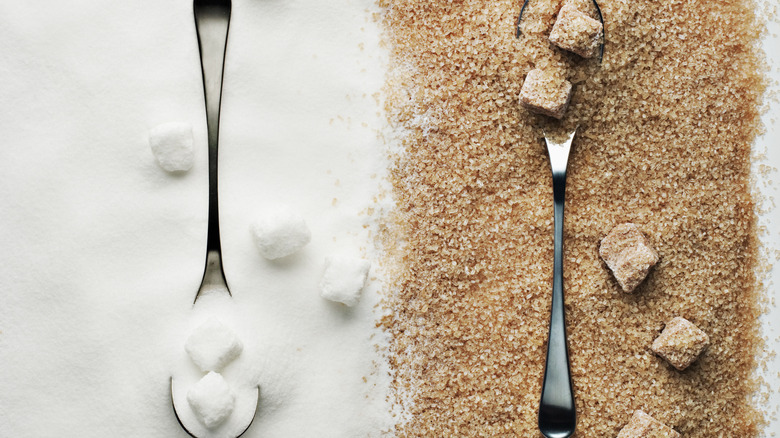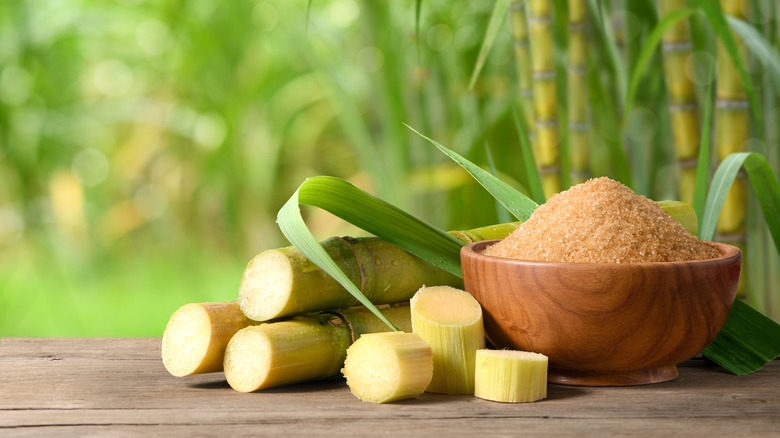What Sets Sucanat Apart From Granulated Sugar
Have you heard of sucanat, a natural sugar buzzing in the culinary world and health-conscious circles? What is it exactly that sets sucanat apart from granulated sugar? And what does sucanat mean? First off, the name sucanat is a contraction of "SUgar CAne NATural." True to its name, sucanat is made from cane juice naturally extracted from sugar cane. Granulated sugar undergoes a lot of processing and refining, such as filtration through animal bone char to become sparkling white, whereas sucanat undergoes minimal mechanical processing. Thus, right off the bat, you'll notice that sucanat is more rustic, with an appearance and texture that contrast with the finer sands of granulated sugar.
How is sucanat made? Well, first you need to extract cane juice from sugar cane. Then, you boil and reduce the juice into a thick, molasses-like syrup. Through rigorous hand-paddling, the thick syrup becomes coarse sugar granules with a deep brown hue and warm caramel and molasses notes. Sucanat's thicker texture makes it an appealing decorative option for cookies.
Cookies rolled in sucanat have a wonderful texture and pop of sweetness. However, to incorporate sucanat more smoothly in your baking and cooking, you may want to grind it into a finer consistency using a spice grinder or mortar and pestle. With less processing and refining time, sucanat production is arguably more environmentally friendly than granulated sugar production. And vegans can rejoice too. Unlike most highly processed white sugars, sucanat is vegan.
Sucanat is better than granulated sugar in many ways
Not all sugars are created equal. While both sucanat and granulated sugar are derived from sugar cane, they have different nutritional profiles. Sugar cane inherently possesses nutrients, minerals, vitamins, and molasses. White sugar's refining process often destroys all of these health-beneficial properties. On the other hand, thanks to its minimal mechanical processing, sucanat retains more of the molasses, minerals, and vitamins from the sugar cane. However, it's important to remember that while sucanat contains nutrients, it is not a substitute for vitamins and should still be consumed in moderation.
Now, what does sucanat taste like when compared to granulated sugar? Sucanat imparts a deeper and more robust caramel-like flavor with hints of molasses. Due to these rich flavors, you can add less sucanat to your bakes and desserts. Finally, it's worth noting that sucanat has become more accessible over the years and is increasingly available in health food stores, organic sections of supermarkets, and through online retailers. With a production process that is friendlier to the environment, higher nutrient content, and a richer flavor profile, it's no surprise how sucanat finely distinguishes itself from granulated sugar.

